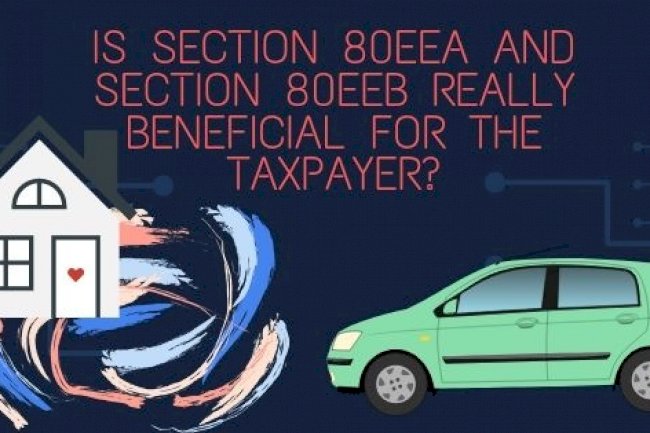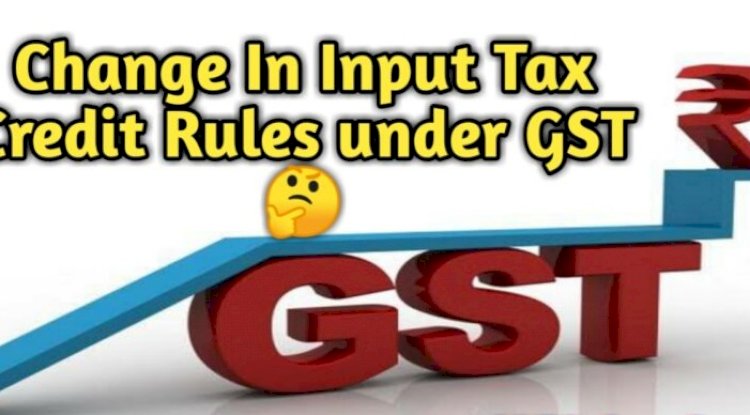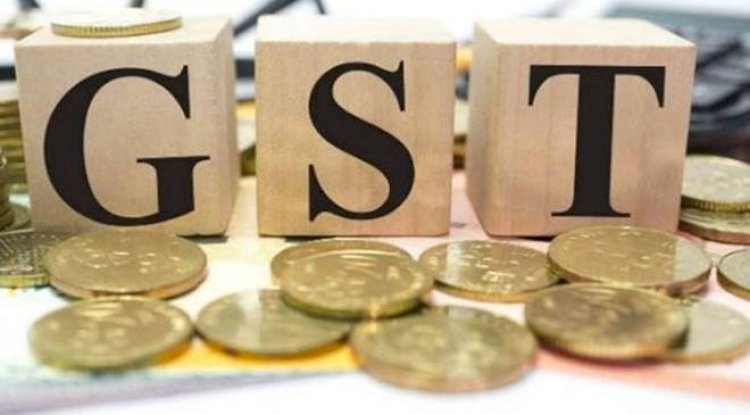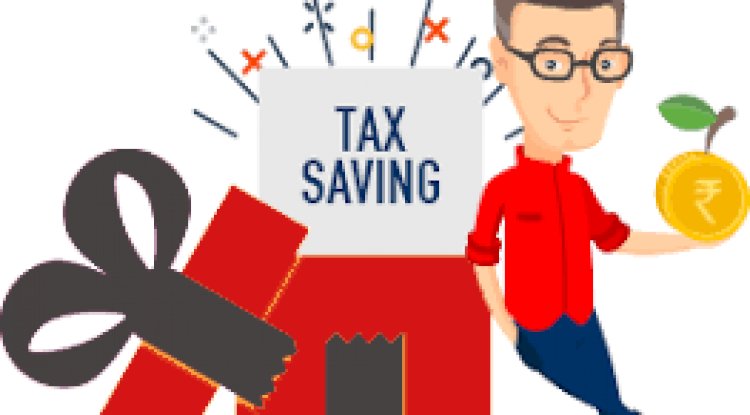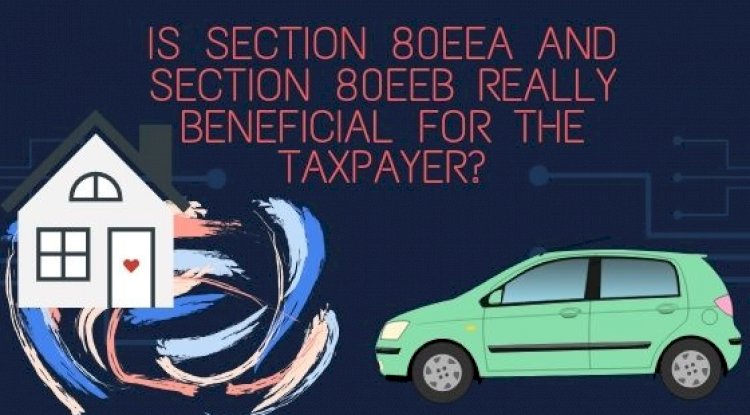ALL ABOUT ITR-4 (SUGAM)
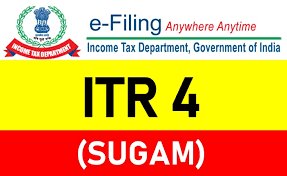
All about ITR-4 (SUGAM)
The Sugam ITR-4S Form is the Income Tax Return form for those taxpayers who have opted for the presumptive income scheme as per Section 44AD and Section 44AE of the Income Tax Act. However, if the turnover of the business mentioned above exceeds Rs 2 crores, the tax payer will have to file ITR-4
Applicable for Individual, HUF Resident other than NOR or a Firm (other than LLP) which is a Resident having Total Income up to ₹ 50 lakh and having Income from PGBP which is computed on a presumptive basis and income from any of the following sources:
• Salary/ Pension
• One House Property
• Other Sources (Interest, Family Pension, Dividend Etc.)
• Agricultural Income (upto Rs. 5,000)
• Income from Business/ Profession computed on presumptive basis u/s 44AD/ 44ADA/ 44AE.
Note: ITR-4 cannot be used by a person who:
1. is a Director in a company
2. has held any unlisted equity shares at any time during PY
3. has any asset located abroad
4. has signing authority in any account abroad
5. has income from any source abroad
6. is a person in whose case payment or deduction of tax has been deferred on ESOP
Please note that ITR-4 (Sugam) is not mandatory. It is a simplified return form to be used by an Assessee, at his option, if he is eligible to declare Profits and Gains from Business and Profession on presumptive basis u/s 44AD, 44ADA or 44AE.
Presumptive Income & its Taxation – under section 44AD
When you are running a small business, you may not have enough resources to maintain proper accounting information and calculate your profit or loss. This makes it difficult to keep track of your income from such a business and find out how much tax you need to pay. With this in mind, the Income Tax Department has laid out some simple provisions where your income is assumed based on the gross receipts of your business. This method is called the presumptive method, where tax is paid on an estimated basis. Features of this Scheme
- Your Net Income is estimated to be 8% of the gross receipts of your business. But From FY 2016-17 onwards, if gross receipts are received through digital mode of payments , then Net Income is estimated at 6% of such gross receipts and for cash receipts , rate is same at 8% of such cash receipts.
- You don’t have to maintain books of accounts of this business.
- You have to pay 100% Advance Tax by 15th March for such a business. No need to comply with requirement of quarterly instalments due dates (June, sep, Dec) of advance tax.
- You are not allowed to deduct any business expenses against the income.
If you are running more than 1 business, the scheme has to be chosen for each business. For example, if you run 3 businesses where only 1 is assessed under section 44AD. The relief of not maintaining accounting records & no requirement of the audit is only applicable to the business to which this scheme applies.
For other 2 businesses which are not covered under this section – the accounting records have to be made and audit is also required. Similarly, in the case of Advance Tax, the benefit of paying the advance tax in one instalment by 15th March is only granted for the business for which this scheme has been opted for.
If the taxpayer has income which is other than from such business, where his tax liability exceeds Rs 10,000 in a year, he has to pay advance tax on such other income. The scheme cannot be adopted by the taxpayer, if he has claimed deduction under section 10, 10A, 10B, Section 10BA, or Section 80HH to 80RRB in the relevant year Ritesh runs a stationary shop and his turnover from this business are Rs 85,20,000. He wants to opt for the scheme under section 44AD and therefore his income shall be Rs 6,81,600 (at 8% of gross receipts, assuming all cash receipts). However, Ritesh’s actual income from the business works out to Rs 5,74,000. Ritesh decides to not opt for the scheme under section 44AD and pay tax on the actual income of his business. However, since he’s not opting for this scheme he has to maintain proper accounting records and also get his records audited.
Eligibility Criteria for this SchemeTo be eligible for this scheme:
- Your gross receipts or turnover of the business for which you want to avail this scheme should be less than Rs 2 crore.
- You must be a Resident in India.
- This scheme is allowed to an individual, a HUF or a partnership firm. It is not available to a Company.
What's Your Reaction?










